Millionaire podcaster Mel Robbins hits back Gen Z’s lazy label—she says they’re stuck in a world their boomer parents wouldn’t even recognise
The millionaire TV personality pointed out 20-year-olds are living through a recession, workforce changes, and unfair scrutiny from leaders.

- Millionaire podcaster and former CNN legal analyst Mel Robbins slammed people who look down on Gen Z for being "weak" and lacking work ethic. After following in their boomer parents’ footsteps by getting degrees and office jobs, the generation got the short end of the stick and deserves some slack for navigating an unprecedented reality, she says.
Gen Z has been branded a “lazy” generation of workers, marked by their TikTok addiction and work-from-home allegiance. But millionaire podcast personality Mel Robbins hit back at critics who slam the next generation of workers—and even encouraged them to step into their shoes and see if they’d like it.
“We sit here and we look at 20-somethings and we’re like, ‘Oh they’re weak or addicted to social media, or all anxious,’” Robbins said in a video posted to her TikTok. “Have you stopped to consider what it’s like to be a 20-something today?”
Robbins’ empathy for older Gen Z and young millennials is in stark contrast to the negativity clogging the feeds of young people.
Whole Foods’ former CEO John Mackey said that young people “don’t seem like they want to work”; Whoopi Goldberg criticized Gen Z and millennials for not “bust[ing] their behinds” like her generation did, and that they only want to work four hours a day; and actress Jodie Foster deemed her Gen Z employees “really annoying” and difficult to work with.
But Robbins asserted that older generations wouldn’t know what it’s like to navigate adulthood in 2025, like homeownership being “out of reach,” a ballooning generational wealth gap, and colossal student loan debt.
“The average 20-year-old today is under so much stress and pressure and chaos right now,” Robbins said. “And it’s not stress and pressure and chaos that existed 5 or 6 years ago.”
Robbins’ advice for Gen Z: ‘If you feel lost, I’m not surprised’
It’s tough out there for 20-year-olds. They’re finding out the hard way that following the exact formula of their parents—going to a prestigious school, completing internships in undergrad, and catapulting into a lush job market—is broken. Gen Z wound up with the short end of the stick, Robbins said
“The world is in chaos—and most 20-somethings had parents that lived in a very predictable, stable economy,” Robbins continued. “They went to a corporate job, they reported to the office, they had a network of friends at work. That’s not the typical 20-year-old experience.”
Gen Z is, by far, the most downtrodden about their work lives; only 62% say they’re happy in their jobs, the lowest of any generation, according to a survey from MetLife. And beyond having trouble forming connections at the office, young employees are living through economic disarray outside of work. Only about 43% of entry-level workers feel positive about their employer’s six-month business outlook—the lowest figure Glassdoor has recorded since its data collection started in 2016.
“They’re now in the middle of a recession, in hybrid work. The world is shifting, the landscape is shifting,” Robbins said. “If you feel lost, I’m not surprised. This is exactly how you should feel.”
“You’re doing your 20s correctly—there’s nothing wrong with you,” she added. “It’s a perfectly normal response to the decade that you’re in, based on the moment in history that you’re in. Feeling lost is to be expected.”
And things are about to get worse for Gen Z
Economists fear things are about to get even rockier for Gen Z. The ballooning probability of a U.S. recession will spell big trouble for young generations in particular, according to “Bond King” Bill Gross.
“This market ‘crash’ will affect millennial and Gen Z investors for long to come,” Gross posted on X Tuesday, prior to President Trump halting some of his aggressive tariffs. “What before was a can’t-miss way to make money will induce caution and more conservative attitudes.”
Young people are also particularly vulnerable to financial collapse. They’re witnessing fewer entry-level job opportunities in a market clinched by budget cuts and AI implementation. And as the lowest totem on the pole, Gen Z doesn’t have much bargaining power in asking for better salaries. Many young Americans don’t have enough in the bank to cover a single month of spending—and the problem could get even worse.
Rather than just rolling over and accepting a bleak fate, Robbins is encouraging anxious Gen Zers to reframe their mindset. In her TikTok video, she recommended that 20-somethings embrace uncertainty and view this tense moment in history as an opportunity.
JPMorgan Chase CEO Jamie Dimon also recently gave his two cents on the woes of America’s youngest workers—and was similarly optimistic.
“These kids, anyone who’s depressed—as long as we don’t have nuclear war—they’re going to have an unbelievable life,” Dimon said in a recent interview with Fox News. “They shouldn’t be bemoaning their situation, they should be looking at the world and saying, ‘What can I make of it? What can I do better than the folks before me?’”
This story was originally featured on Fortune.com
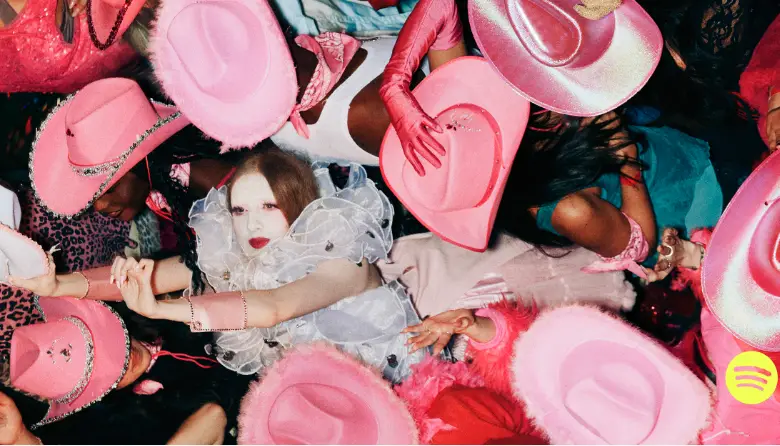




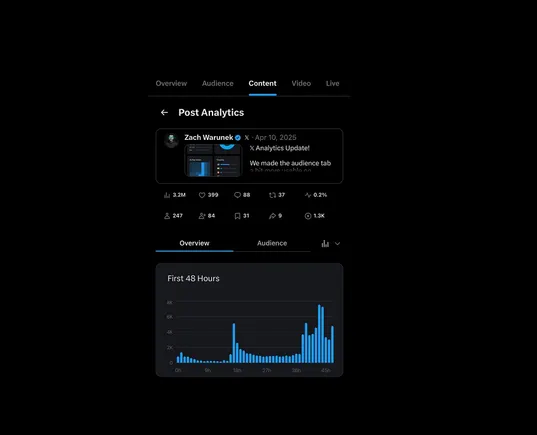

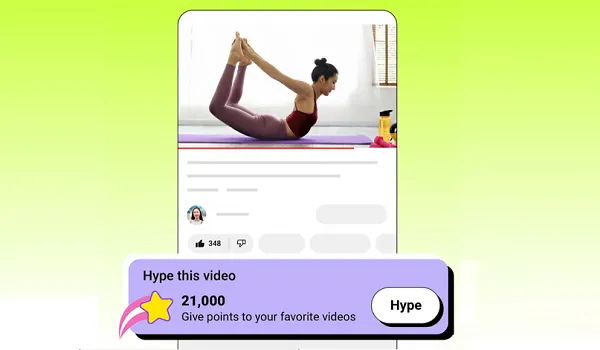































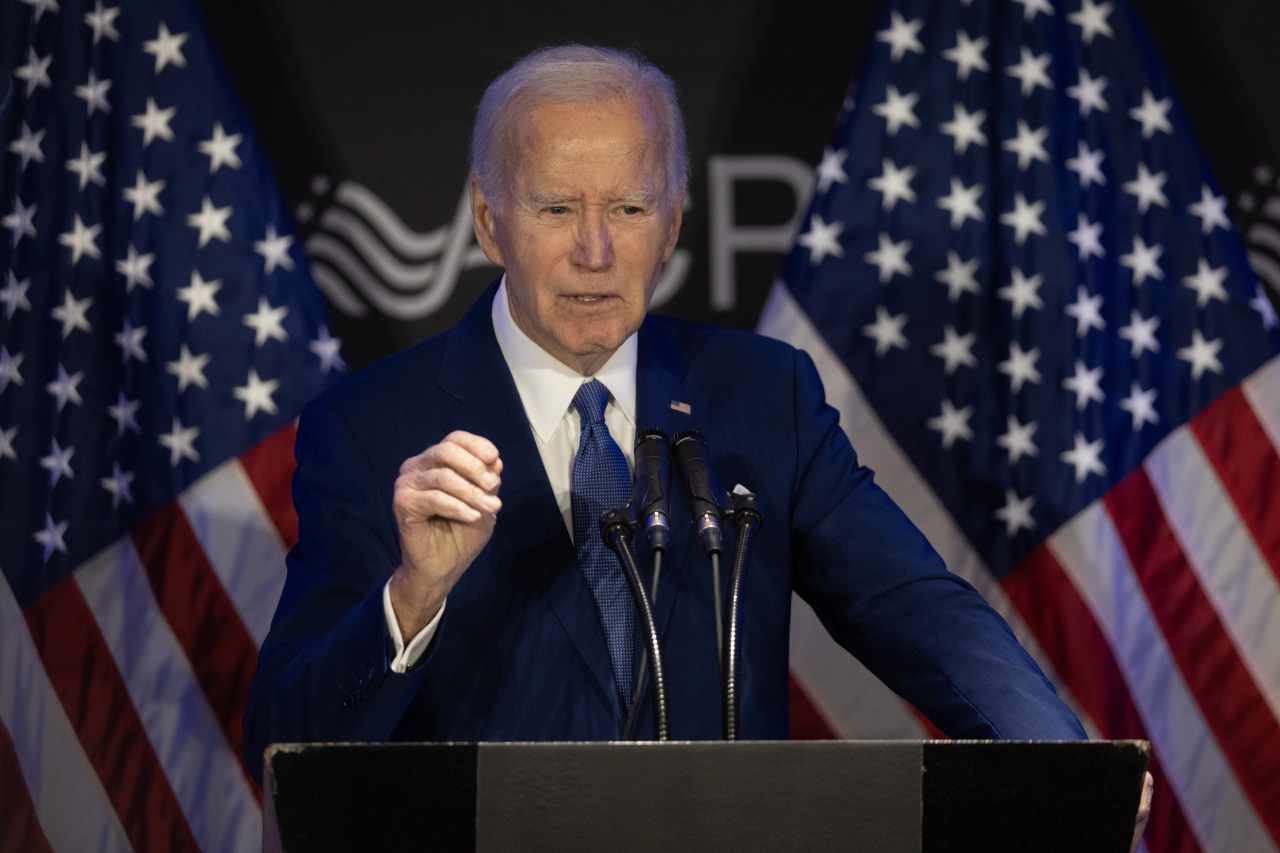

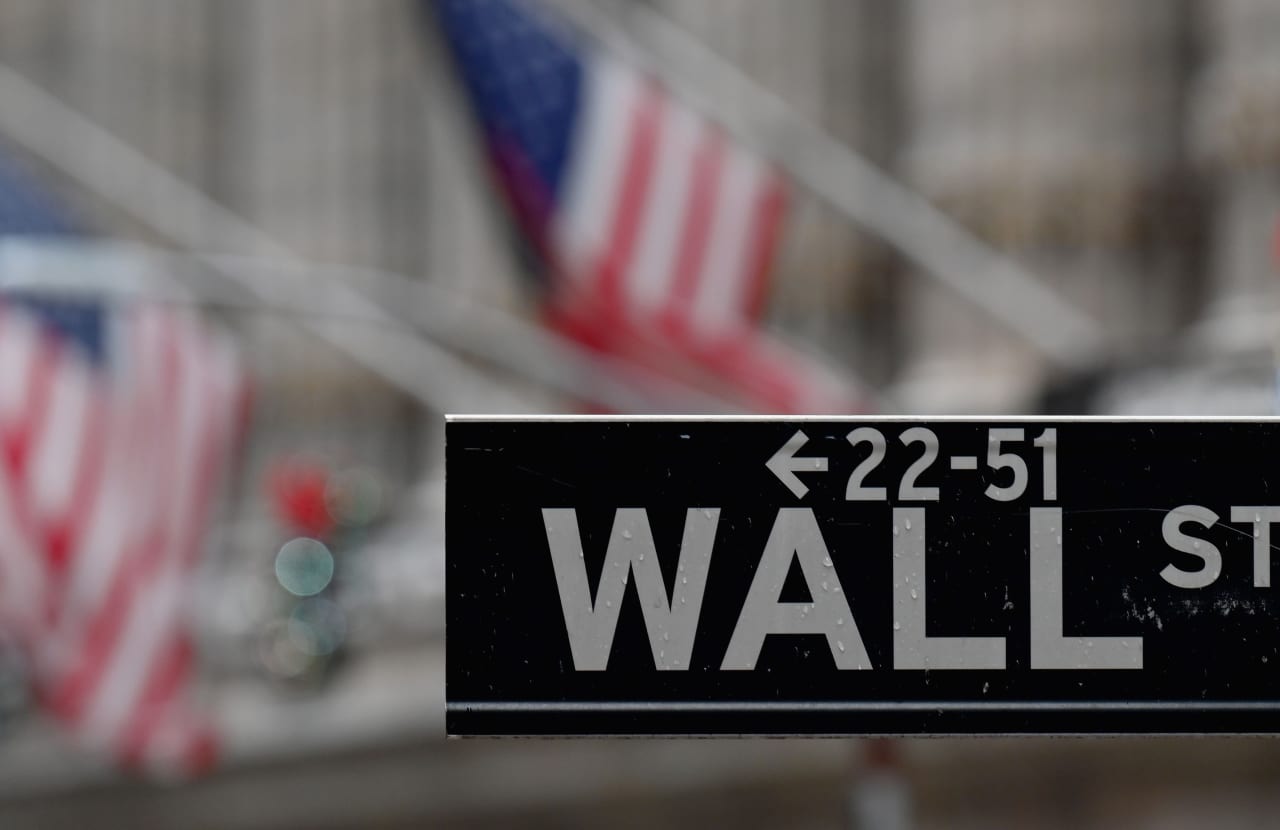

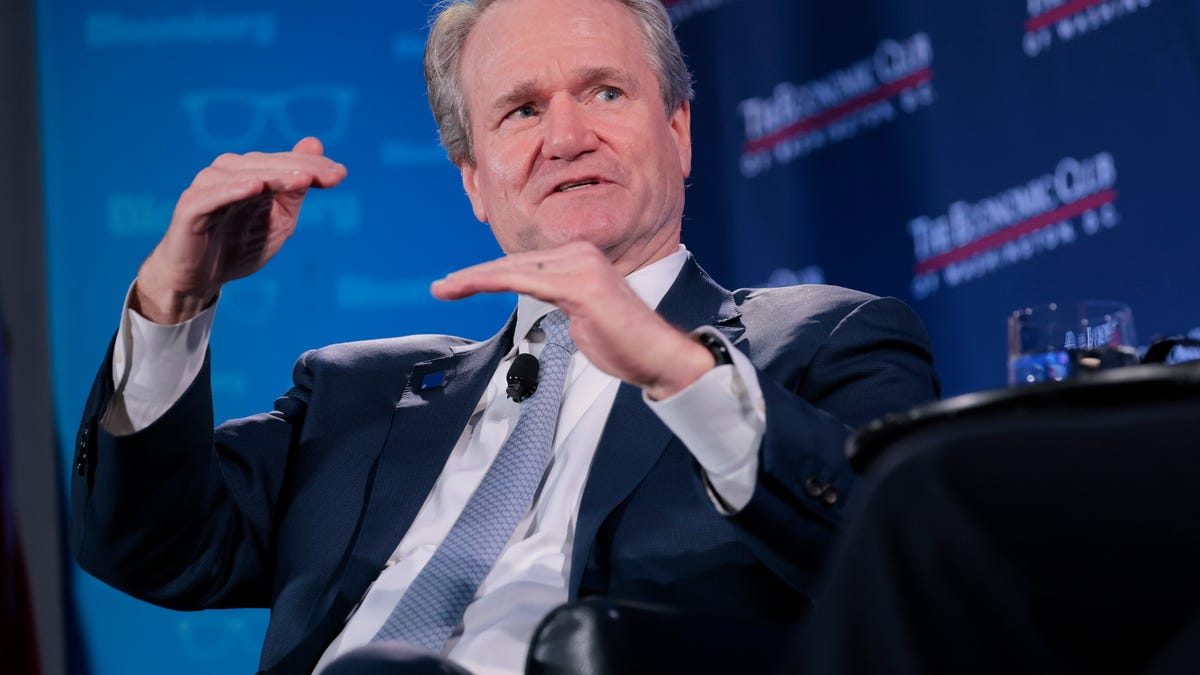
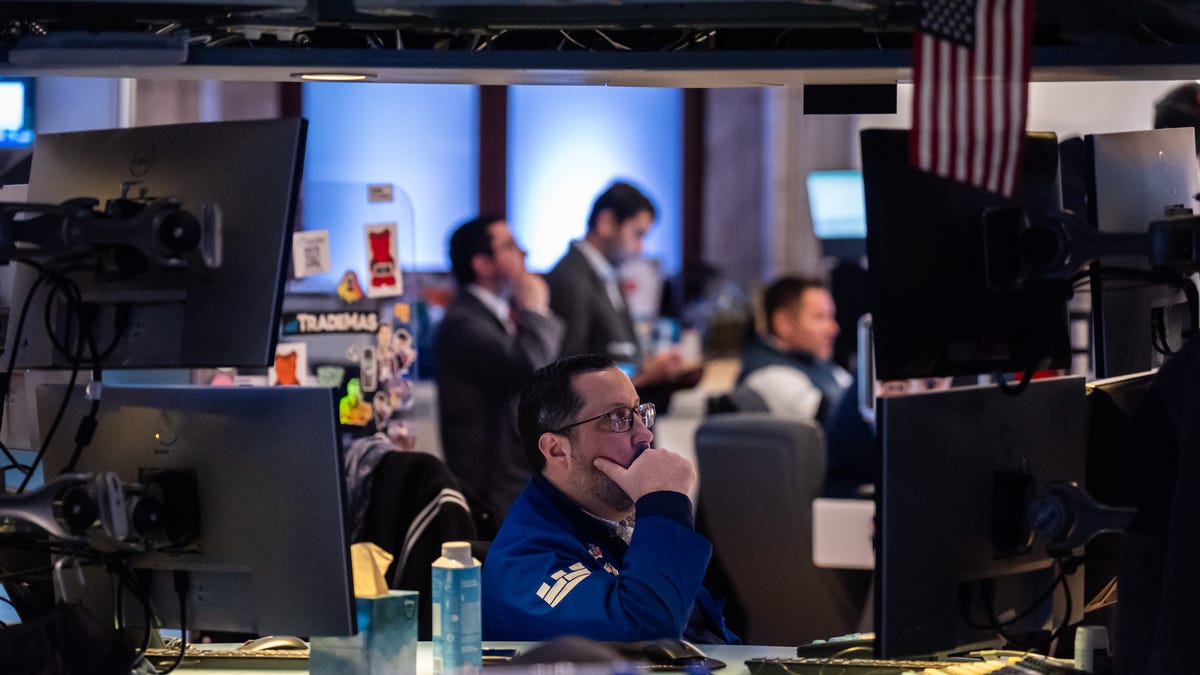





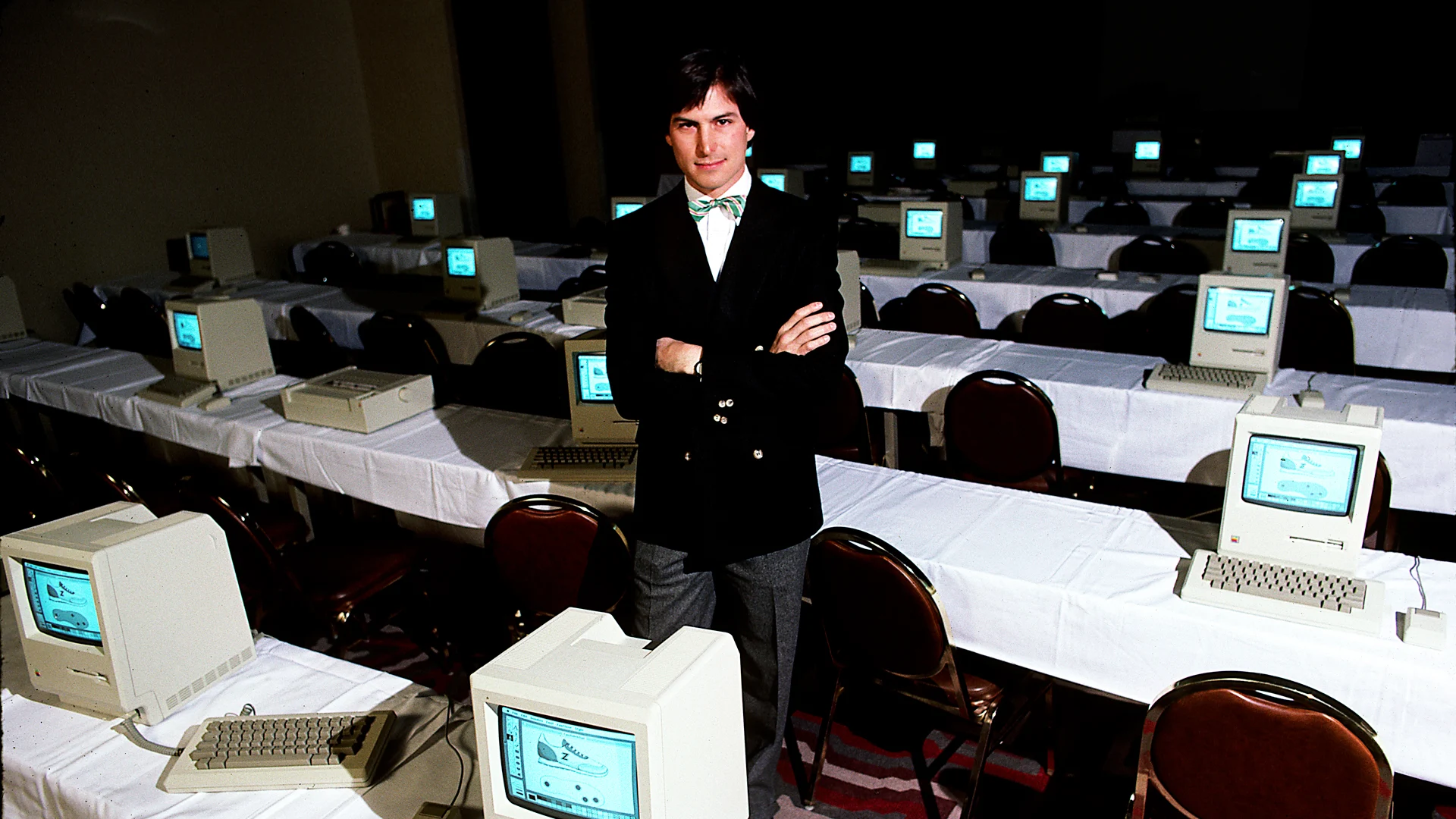

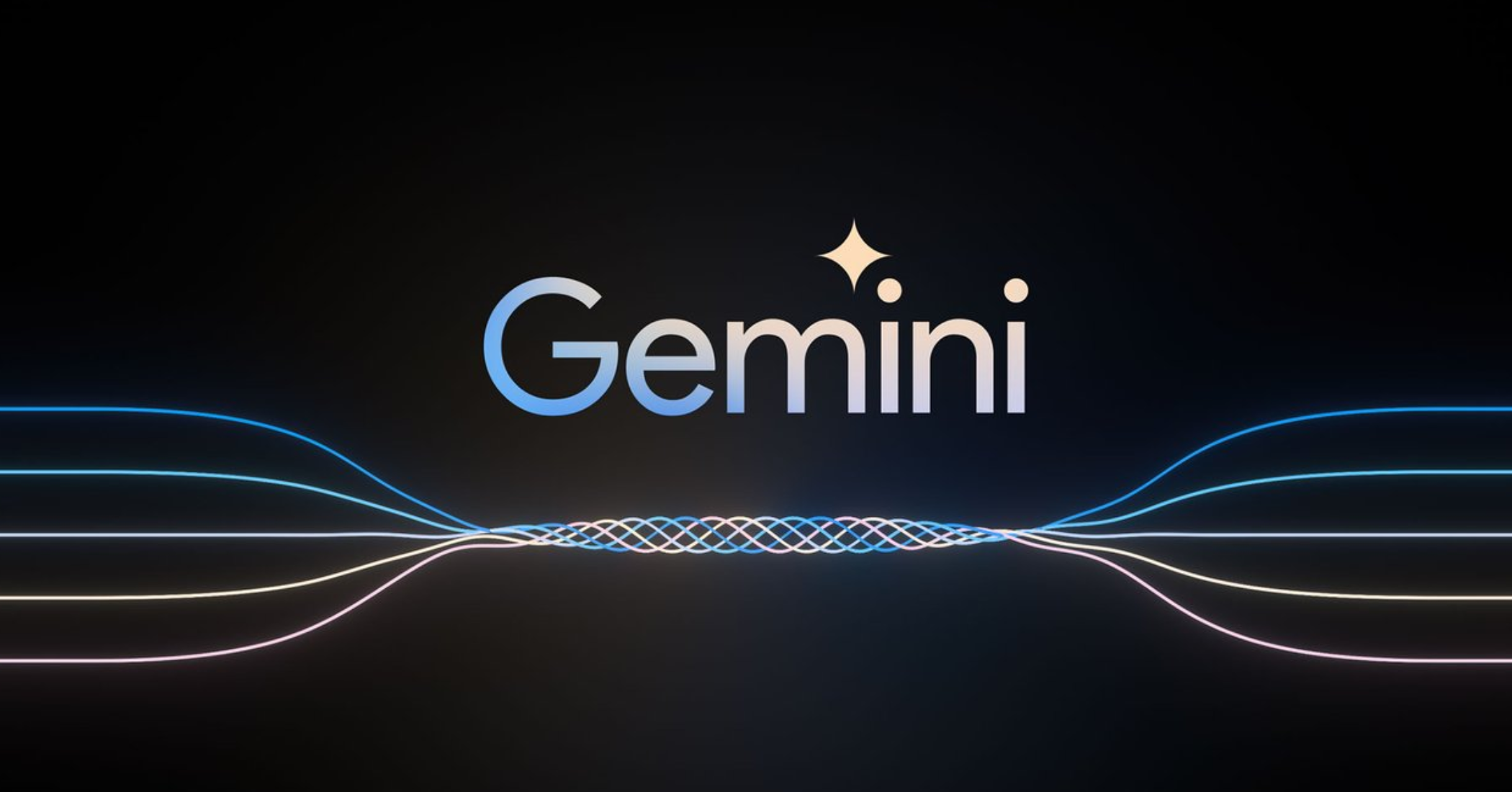




































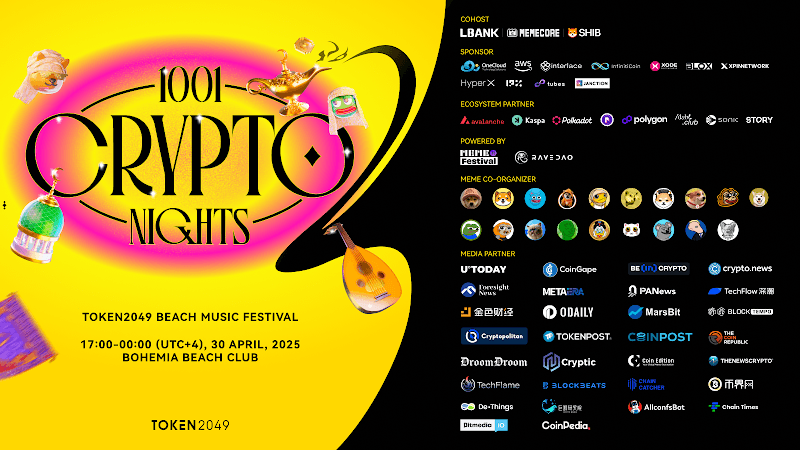























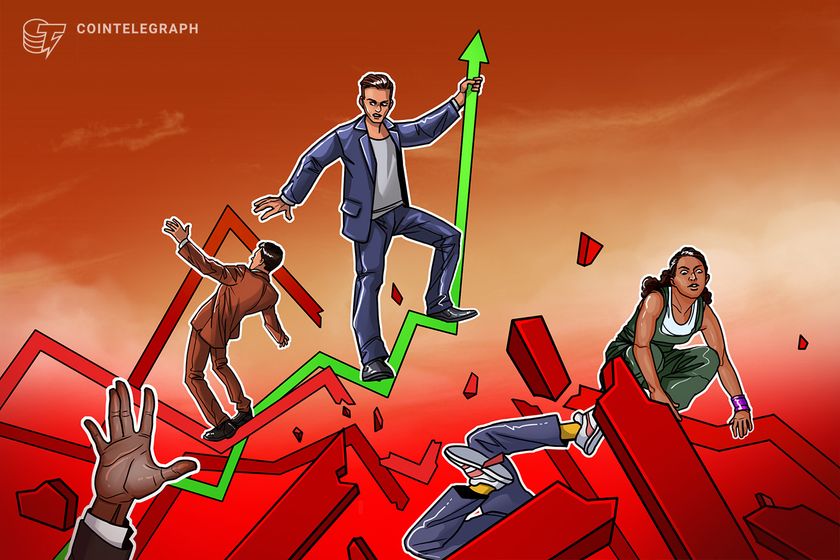
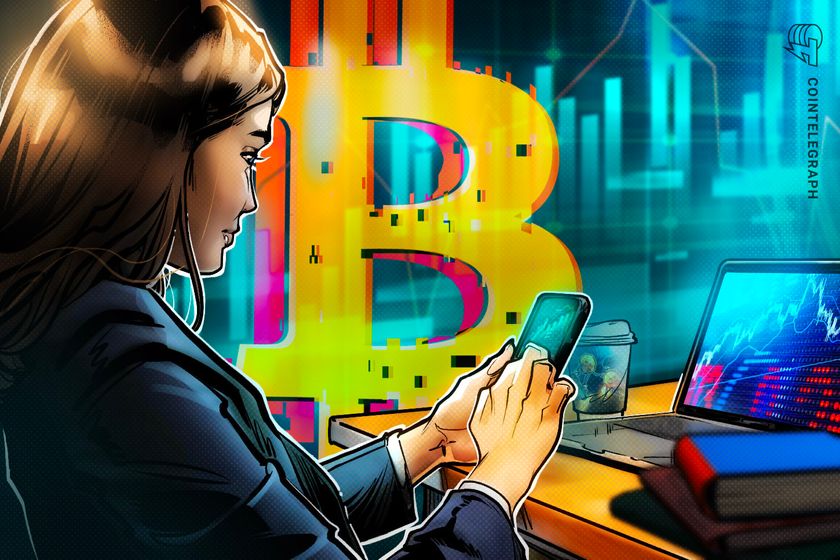
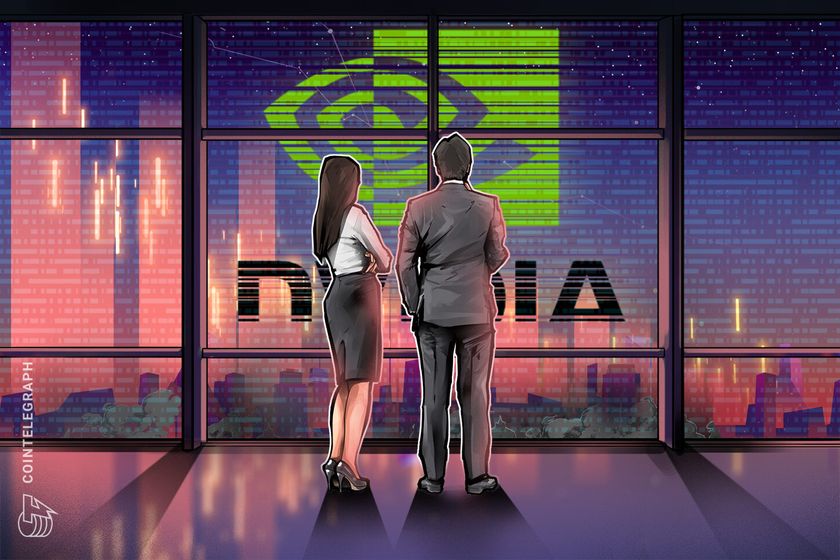





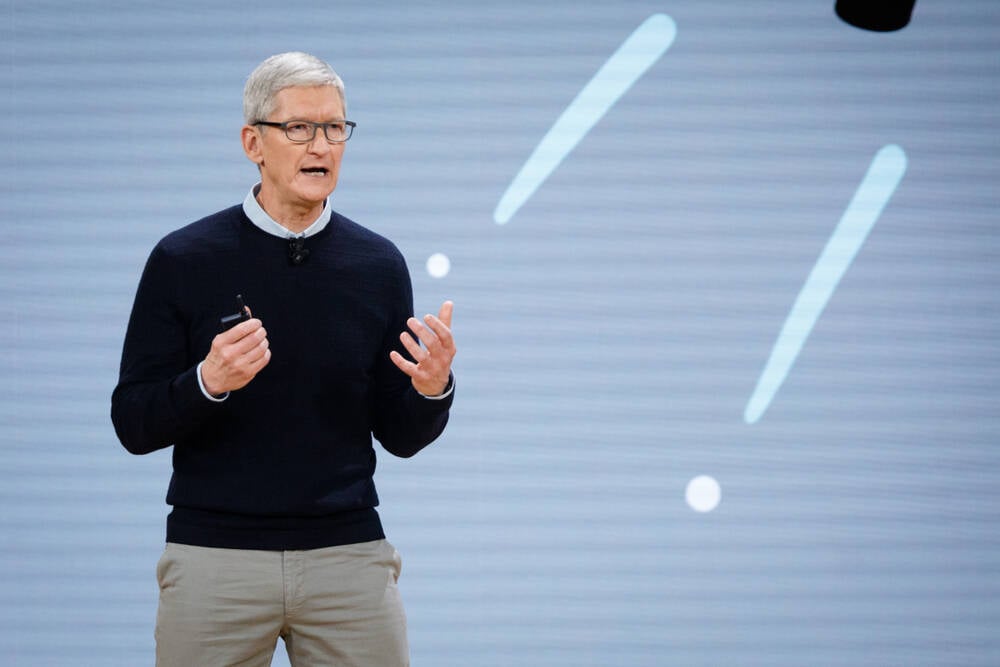














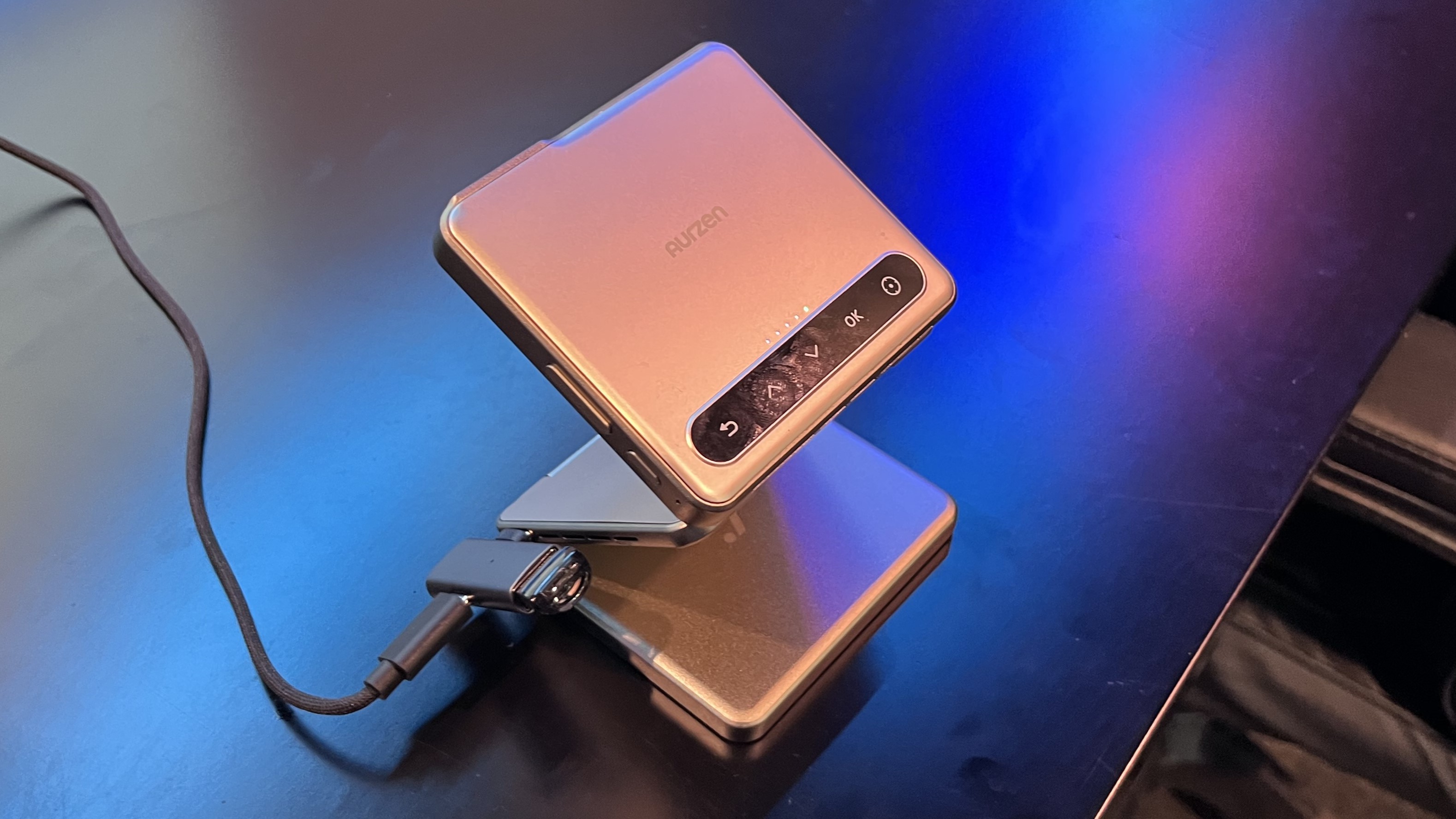








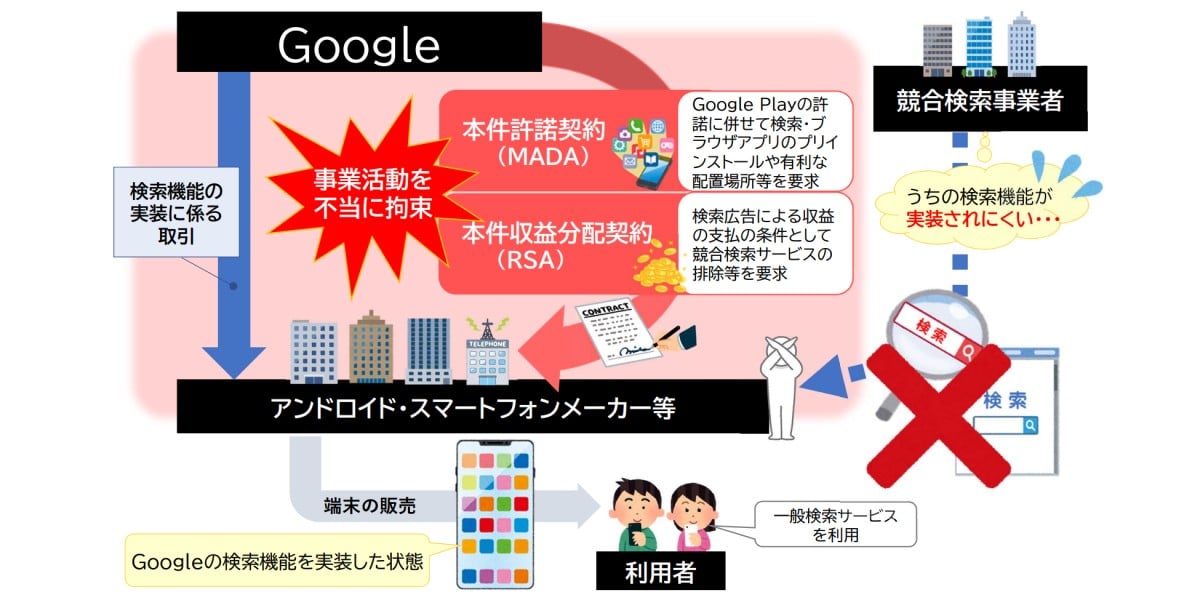






































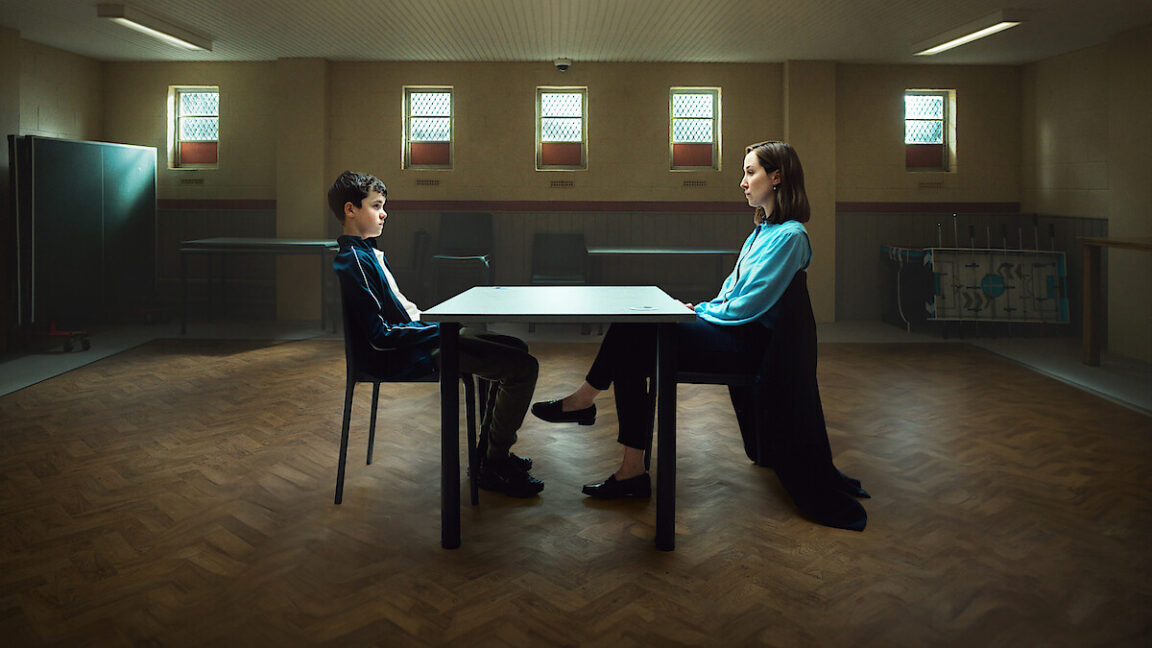






![How to Find Low-Competition Keywords with Semrush [Super Easy]](https://static.semrush.com/blog/uploads/media/73/62/7362f16fb9e460b6d58ccc09b4a048b6/how-to-find-low-competition-keywords-sm.png)



